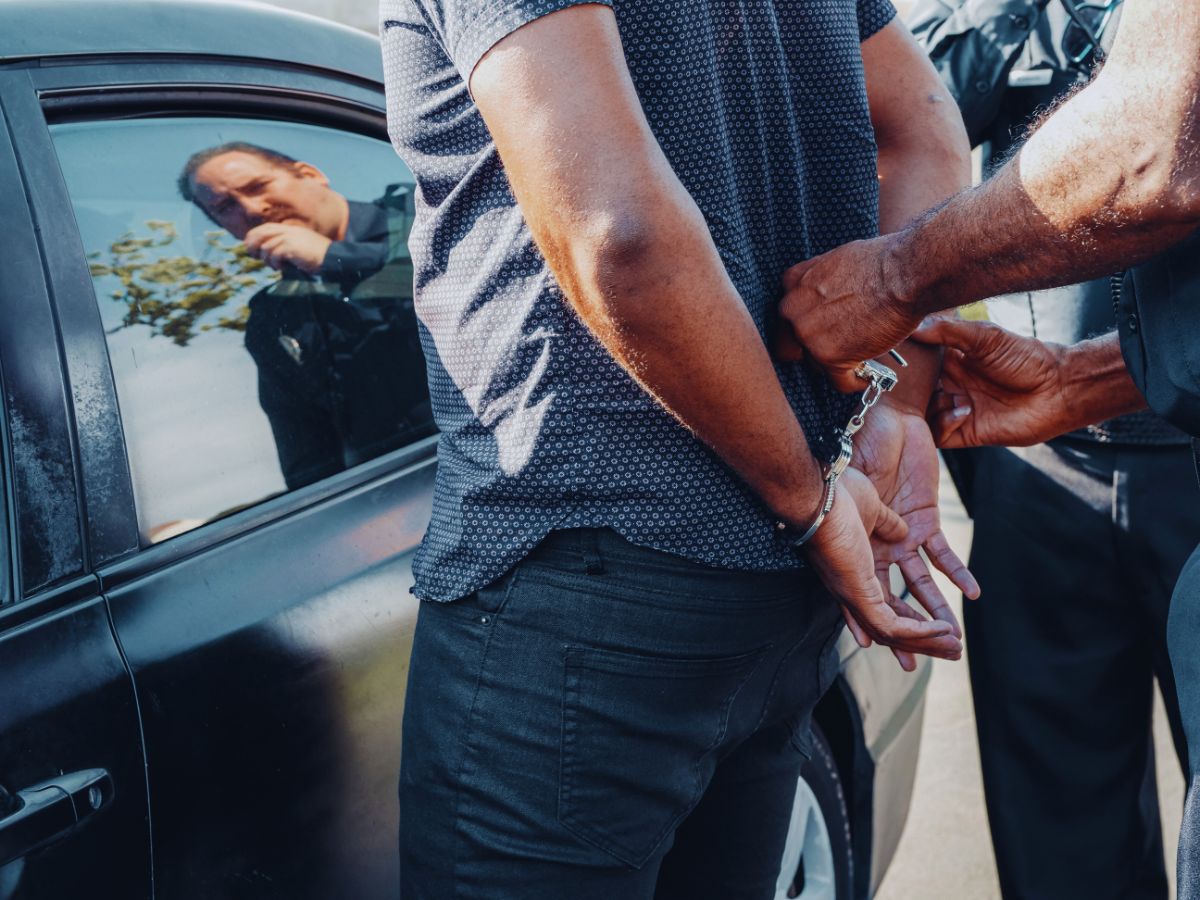If you’re wondering, “Can I be arrested in California without evidence?”, you’re not alone. This is a common question, especially for those concerned about wrongful arrests or overreach by law enforcement.
In California, you can be arrested without physical or direct evidence, but only if the arresting officer has something called probable cause. Let’s break down what this means and what your rights are.
What Is “Probable Cause”?
Probable cause is a legal standard used to determine whether police can make an arrest, conduct a search, or obtain a warrant.
It doesn’t require hard proof or physical evidence.
It does require facts or circumstances that would lead a reasonable person to believe a crime was committed, is being committed, or will be committed.
For example:
A witness tells police they saw someone break into a house.
A person runs from police and tosses away an object in a high-crime area.
These might count as probable cause — even if no stolen items or physical proof are found at the moment.
Is It Legal to Be Arrested Without Evidence?
Technically, yes — but it depends on what you mean by “evidence.”
There are two main types of evidence:
Direct Evidence: Physical items, surveillance footage, eyewitness accounts.
Circumstantial Evidence: Indirect facts that imply guilt (e.g., someone fleeing a scene, suspicious behavior).
You cannot be arrested based on a hunch or gut feeling. But circumstantial evidence is still evidence — and can legally justify an arrest.
Arrests Without a Warrant in California
Under California Penal Code Section 836, an officer can arrest someone without a warrant if:
They see a crime happen.
They have probable cause to believe you committed a felony, even if they didn’t witness it.
Certain misdemeanors involving domestic violence, firearms, or protective orders apply.
Can You Be Arrested Without Any Evidence at All?
If literally no facts, no witnesses, no observations, and no statements exist to support an accusation — then no, an arrest would likely be unlawful.
Police cannot arrest you based on:
Anonymous rumors with no corroboration.
Personal bias or assumptions.
Retaliation or pressure from others.
If this happens, it could be considered false arrest, and you may have grounds for a legal claim.
What Happens If You’re Arrested Without Enough Evidence?
Your Attorney Can File a Motion to Suppress: If evidence was gathered improperly, it may be excluded.
Your Case Could Be Dismissed: If the prosecution cannot show there was probable cause, charges may be dropped.
You Might Sue for Damages: If your rights were violated, you can file a civil lawsuit for wrongful arrest or detention.
Your Rights If Arrested
If you’re arrested — even without clear evidence — remember your legal rights:
You have the right to remain silent.
You have the right to an attorney.
You don’t have to consent to a search.
You can challenge the arrest in court.
Never resist arrest physically, even if you believe it’s unjust. Instead, comply and later defend your rights through legal counsel.
How to Protect Yourself
Ask if you’re under arrest: If not, you can walk away.
Do not speak without a lawyer: Anything you say can be used against you.
Record details: Note officer names, badge numbers, time, place, and any witnesses.
Contact a criminal defense attorney: The sooner, the better.
Conclusion
In California, the law allows arrests without direct or physical evidence — but not without proper justification. Police need probable cause, not just suspicion or hearsay. If you or someone you know was arrested under questionable circumstances, it’s critical to understand your rights and take immediate action.
Don’t face the legal system alone. Contact us today for a free, confidential consultation and let our experienced criminal defense attorneys fight to protect your freedom.
Frequently Asked Questions
Can you sue for being wrongfully arrested?
Yes. If there was no probable cause and your rights were violated, you may have grounds for a civil rights or personal injury lawsuit.
Is hearsay considered probable cause?
It can be — if it comes from a credible source and is detailed enough. But anonymous tips without follow-up usually aren’t enough.
What should I do if I’m arrested without evidence?
Stay calm, do not resist, request a lawyer, and gather as much information about the arrest as possible.





